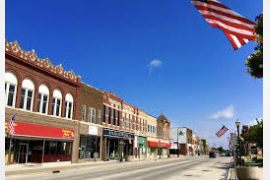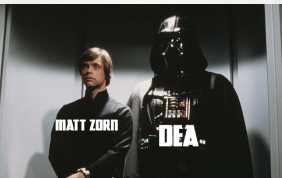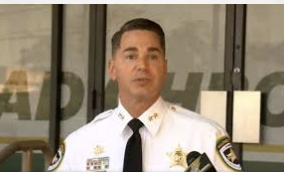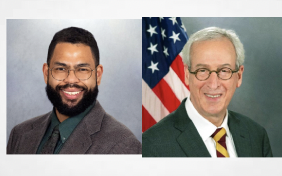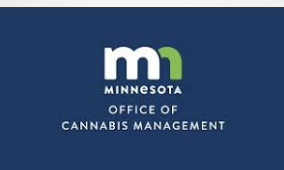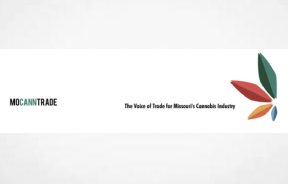Growers and distributors in Imperial County and San Diego often have to go through Border Patrol checkpoints en route to testing facilities or markets. Sometimes, they say, Border Patrol will let them through. But other times, those agents confiscate products. Reports the Voice of San Diego
Makes fairly depressing reading we have to say.
Growers and distributors in Imperial County and other parts of Southern California often have to go through Border Patrol checkpoints en route to testing facilities or to bring them to markets farther west. Sometimes, they say, Border Patrol will let them through, checking their state license without problem. But other times, those agents confiscate products and cash.
“It’s been affecting us negatively,” said Angel Fernandez, director of Movocan Inc., which operates a dispensary in Imperial County and has a distribution permit. “We have missed on a lot of revenue because it’s uncertain that our cannabis product will make it out of the county.”
It is the inevitable consequence of different governments treating the same substance in two completely different ways. California voters legalized medical cannabis in the ‘90s and for recreational purposes in 2016, but the federal government continues to prohibit it and treat it like a schedule one narcotic.
Even as cities in Imperial County open to more cannabis businesses, some investors have balked at the opportunity. Others have begun to petition law enforcement at the local, state and federal levels with the hope that they might work out a more practical system to let the legal cannabis trade continue between San Diego and Imperial counties without the constant risk of one’s product and cash getting seized.
But even if the cannabis industry does see some additional leeway on the ground, others don’t think the issue will ever fully be resolved until federal law changes.
Though the stops have been happening for years, people who work in the legal industry started seeing an uptick in late 2019.
In November, Border Patrol confiscated 10.36 pounds of cannabis, amounting to roughly $35,000 in retail value, Fernandez said. He spent days trying to get his product back.
“There was no way, no documents I could file,” he said.
Fernandez said he estimates that the uncertainty the Border Patrol checkpoints have caused him a total loss of between $3 and $4 million. On top of the loss of products during seizures, many distributors have stopped coming to the area because of interactions with Border Patrol.
“It’s unfair to the development of this market,” Fernandez said. “This is the only place in California where you cannot leave without having to go through a federal checkpoint.”
A Border Patrol spokesperson said that since cannabis, regardless of its origin, is federally classified as a schedule one narcotic, it is subject to forfeiture at Border Patrol checkpoints. Hemp with a THC content below .03 percent is not subject to forfeiture and can go through checkpoints, the spokesperson said.
Max Mikalonis, a cannabis consultant and lobbyist at K Street Consulting in Sacramento, said he’s advised clients against seeking a license in Imperial County because of the financial and personal risk posed there. Some have been hesitant to talk about it publicly.
“I appreciate the issue getting attention because it’s just an untenable situation,” he said.
The federal government’s prohibition on cannabis means businesses can’t access traditional banks, so they’re forced to carry large amounts of cash around with them.
Border Patrol’s authority extends 100 miles from the border. All of San Diego is technically under its watch, “a cautionary note for any supplier or producer that wants to locate in the San Diego region,” Mikalonis said. “You might not be able to get your goods out of the region.”


